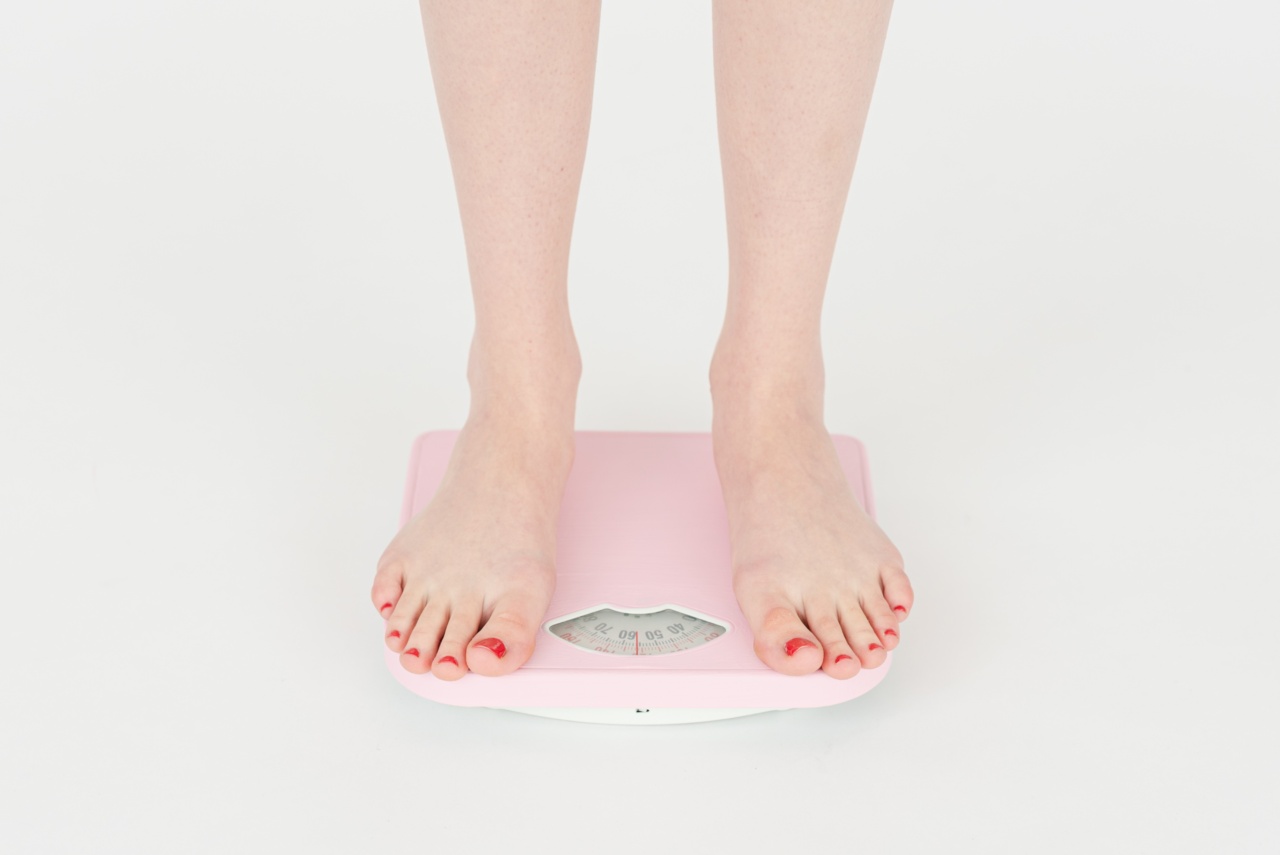High blood pressure is a serious health condition that affects millions of people worldwide. It is also one of the leading causes of strokes, responsible for half of all stroke cases. .
What is high blood pressure?
High blood pressure, also known as hypertension, occurs when the force of blood against the walls of your blood vessels is consistently too high.
This can cause damage to your blood vessels, which can lead to serious health problems such as heart disease and stroke.
How does high blood pressure cause strokes?
When you have high blood pressure, the constant pressure and force of blood against your blood vessels can cause them to weaken and stretch. Over time, this can lead to the formation of bulges or sacs in your blood vessels, called aneurysms.
If an aneurysm ruptures, it can cause a stroke. Additionally, high blood pressure can cause blood clots to form, which can block blood flow to the brain and cause a stroke.
Who is at risk for high blood pressure?
Anyone can develop high blood pressure, but certain factors can increase your risk. These include:.
- Age: As you get older, your risk of high blood pressure increases
- Family history of high blood pressure
- Being overweight or obese
- Being inactive
- Eating a diet high in salt
- Drinking alcohol excessively
- Smoking
How can you prevent high blood pressure and reduce your risk of stroke?
The good news is that high blood pressure can be managed and prevented. Here are a few steps you can take to lower your risk:.
- Eat a healthy diet, low in salt and high in fruits and vegetables
- Exercise regularly
- Maintain a healthy weight
- Limit alcohol consumption
- Quit smoking
- Manage stress
- Take medications as prescribed by your doctor
What are the symptoms of high blood pressure?
High blood pressure often has no symptoms, which is why it is sometimes called the “silent killer.” The best way to know if you have high blood pressure is to get it checked by your doctor regularly.
If you do have symptoms, they may include:.
- Headaches
- Nosebleeds
- Dizziness
- Blurred vision
- Shortness of breath
- Chest pain
What are the treatment options for high blood pressure?
There are a number of treatment options available for high blood pressure. The best option for you will depend on your individual circumstances and the severity of your condition.
- Lifestyle changes: This includes things like eating a healthy diet, exercising regularly, and quitting smoking.
- Medications: There are a number of medications available to treat high blood pressure, including diuretics, beta-blockers, ACE inhibitors, and calcium channel blockers.
- Surgery: In some cases, surgery may be necessary to treat high blood pressure, such as in cases of kidney problems or aneurysms.
Conclusion
High blood pressure is a serious health condition that affects millions of people worldwide. It is a leading cause of stroke and can also lead to a number of other serious health problems.
Fortunately, high blood pressure can be managed and prevented through healthy lifestyle choices and medical treatment. If you think you may have high blood pressure, or if you have risk factors for the condition, talk to your doctor about getting your blood pressure checked.

























